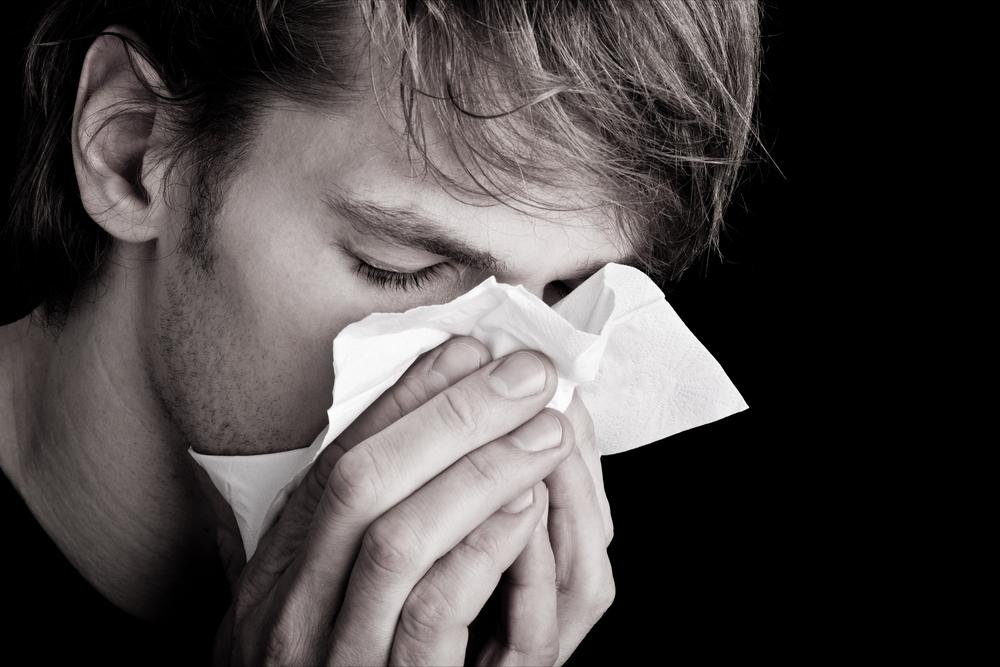Comprehensive Guide to Safe and Comfortable Travel When You're Sick with a Cold
Traveling with a cold can be challenging, but proper planning and health practices can make your journey more comfortable. This guide offers detailed advice on managing sinus congestion, hydration, immune support, and other essential tips to ensure a smoother trip while battling cold symptoms. Learn how to prevent discomfort and protect your health during travel with proven strategies and effective remedies.

Comprehensive Guide to Safe and Comfortable Travel When You're Sick with a Cold
Traveling while experiencing cold symptoms can be a daunting task, often filled with discomfort and inconvenience. Whether it's a sudden illness or a planned trip, managing your symptoms effectively is essential for a smoother journey. Flying with a cold presents unique challenges, especially due to cabin conditions that can exacerbate sinus congestion and dehydration. However, with proper preparation and health management strategies, you can minimize discomfort and travel more comfortably, even while battling a cold.
Related Topic: Managing Migraines During Travel
Below are detailed health tips and travel advice to help you navigate your journey when unwell:
1. Inhale Steam to Clear Sinuses
The dry, pressurized environment within airplanes acts similarly to desert climates, which can significantly impair mucus drainage and worsen sinus pressure. Steam inhalation is a highly effective method to relieve nasal congestion. Using herbal teas such as chamomile or peppermint for steam inhalation can soothe irritated sinuses and promote mucus flow. To maximize benefits, consider combining steam inhalation with warm herbal beverages, which can also provide soothing relief and additional immune support.
Individuals with deviated septums may find sinus discomfort more persistent due to unequal airflow and nasal drying. Simply taking cold medication may not fully address these issues. Instead, inhaling hot herbal teas can help open nasal passages, reduce sinus pressure, and improve breathing during your travels.
2. Avoid Caffeine and Alcohol to Prevent Dehydration
Consuming caffeinated drinks and alcoholic beverages while you have a cold can lead to dehydration, which worsens nasal dryness and mucus thickening. Dehydration also diminishes your body's ability to fight off infection and recover quickly. To stay hydrated, opt for water, electrolyte solutions, or herbal teas. Maintaining adequate hydration is vital for keeping your mucus membranes moist and clearing congestion more efficiently, especially during long flights or in dry environments.
Additional Tip: Valsalva Maneuver – A Practical Technique to Relieve Ear and Sinus Pressure
This technique involves closing your mouth, pinching your nose shut, swallowing, and then gently blowing into your nose without releasing your fingers. It helps equalize ear pressure and can relieve sinus and ear congestion, making your travel more comfortable.
3. Boost Your Immunity with Vitamins
Incorporating immune-boosting vitamins such as vitamin C through lemon water, along with supplements like Black Elderberry Syrup or Echinacea, can shorten the duration of your cold and alleviate symptoms. Consuming these nutrients regularly before and during travel supports your immune system, helping you recover faster and reduce the severity of your illness.
4. Keep Lozenges Ready for Throat Relief
Throat lozenges can be a lifesaver during travel, helping to soothe dryness and irritation. They stimulate saliva production, which keeps the throat moist and reduces discomfort caused by coughing or speaking. Carry a variety of lozenges with you to stay comfortable throughout your journey.
5. Use Decongestants Responsibly
Decongestant nasal sprays or oral medications can provide quick relief from sinus pressure and nasal congestion. Using nasal sprays about an hour before flying can help keep your nasal passages open and reduce discomfort. However, it's important not to overuse these medications, as they can lead to rebound congestion or other side effects. Always follow dosage instructions and consult a healthcare provider if unsure.
6. Stay Properly Hydrated Throughout Your Travel
Throughout your trip, aim to drink at least 5-8 glasses of water daily. Hydration helps keep mucus membranes moist, facilitates sinus drainage, and combats the dryness caused by airplane cabins and air-conditioned environments. Proper hydration also supports your immune defense, enabling your body to fight off cold symptoms more effectively.
7. Dress Appropriately for Comfort and Immunity
Even if you're traveling to warm destinations, layering clothing is advisable. Indoor environments like airplanes, airports, and hotels can be cool and cause your body temperature to drop, weakening your immune response. Wearing warm, comfortable clothing allows you to stay cozy, support your immune system, and prevent your cold from worsening.
8. Additional Tips for a Smooth Travel Experience
Regularly wash or sanitize your hands to prevent spreading germs and catching more infections.
Use a nasal saline spray to keep your nasal passages moist and facilitate breathing.
Bring extra supplies such as tissues, hand sanitizer, and personal medications.
Plan some rest periods during your travel to allow your body to recover.
By following these comprehensive tips and combining them with over-the-counter medications as needed, you can significantly improve your comfort and health during travel despite having a cold. Proper preparation is key to ensuring that your journey is safe, manageable, and less stressful even when you're under the weather.




